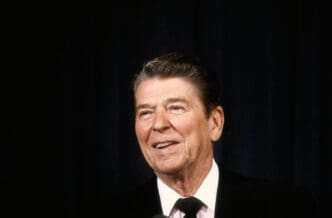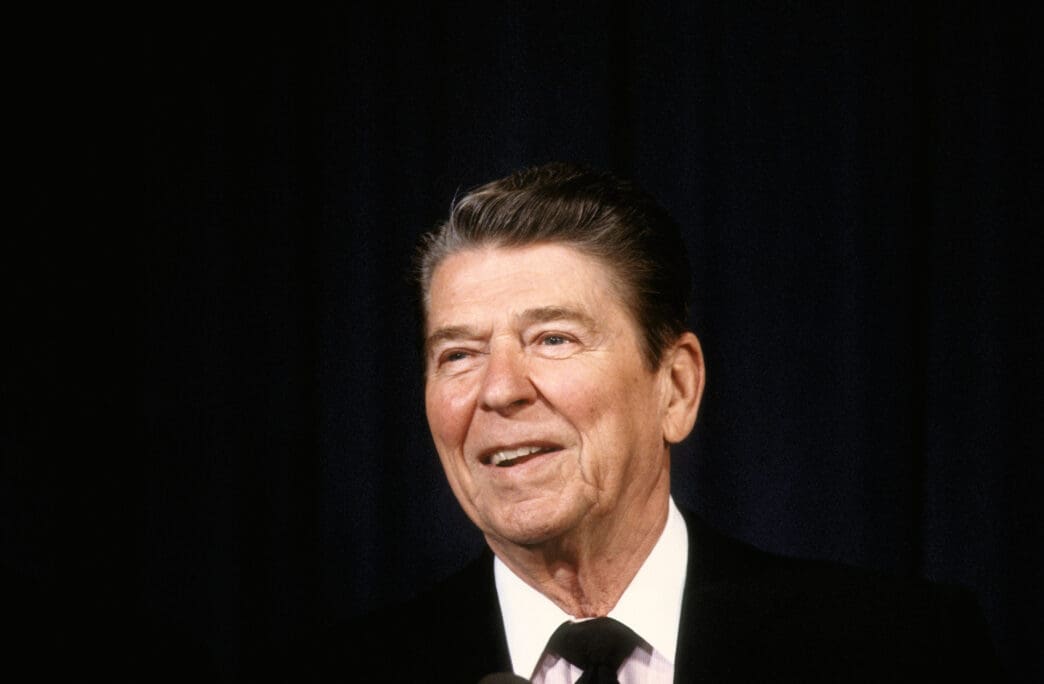Executive Summary
The Story So Far
Why This Matters
Who Thinks What?
President Donald Trump announced a 10 percent increase in tariffs on Canada, escalating trade tensions between the two nations. The decision, communicated via Truth Social on Saturday afternoon, follows a dispute over an advertisement campaign by the Ontario government that featured former President Ronald Reagan criticizing tariffs. Trump denounced the ad as a “serious misrepresentation of the facts” and a “hostile act,” stating the new tariff would be “over and above what they are paying now.”
Trade Tensions Escalate
The tariff increase marks a significant escalation after months of existing U.S. tariffs on Canadian exports, some as high as 35 percent. The U.S. and Canada had been poised for trade talks, but these were abruptly canceled by President Trump following the emergence of the Ontario ad.
The controversial advertisement utilized excerpts from a 1987 radio address by former President Reagan, where he cautioned against protectionism and the dangers of tariffs. The ad campaign, initiated by Ontario Premier Doug Ford, was intended to run during the World Series games hosted in Canada.
Reactions and Legal Review
President Trump publicly condemned the ad as “fraudulent.” Concurrently, the Ronald Reagan Presidential Foundation and Institute issued a statement criticizing the ad for using “selective audio and video” that misrepresented Reagan’s address. The foundation also noted that Ontario had neither sought nor received permission to use and edit the remarks, indicating it would review legal options in the matter.
In response to the controversy, Ontario Premier Doug Ford announced on Friday that he had ordered a pause in the ad campaign. Despite this, Trump alleged that the ad continued to run during the World Series, an assertion he included in his Saturday post.
President Trump further alleged the ad’s “sole purpose” was to influence the U.S. Supreme Court as justices consider cases concerning the limits on presidential tariff authority. He reiterated this claim on Truth Social, stating, “The sole purpose of this FRAUD was Canada’s hope that the United States Supreme Court will come to their ‘rescue’ on Tariffs that they have used for years to hurt the United States.”
Canadian Response and Economic Commentary
Canadian Prime Minister Mark Carney did not dispute President Trump’s complaint regarding the ad. When questioned about the suspension of negotiations, Carney stated that Canada is “ready to pick up on those discussions when the Americans are ready.”
Ontario Premier Doug Ford defended the campaign’s intent, writing on X that “Our intention was always to initiate a conversation about the kind of economy that Americans want to build and the impact of tariffs on workers and businesses. We’ve achieved our goal, having reached U.S. audiences at the highest levels.”
Economist Joey Politano commented on the situation via X, remarking, “Throwing a hissy fit because the Canadians quoted Ronald Reagan at you, what a picture of the Modern Republican Party.”
Outlook on Trade Relations
The announced 10 percent increase would raise the general tariff on Canada to 45 percent, though the effective date for this increase remains unclear. This move signifies a deepening of trade disputes between the U.S. and Canada, driven by a contentious political advertisement and allegations of attempts to influence judicial processes.








